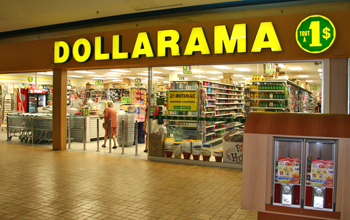The Internet is a 99 cent store
This magic number allows people to get comfortable buying what used to be free
Share
The questions are many: What’s your debut novel worth? What are you willing to pay for a video game? How much does the best song ever cost?
Also: how do you compete with free? How do you beat piracy? What am I willing to pay in order to not feel like a leech?
One dollar minus one penny seems to be the magic number when selling virtual goods that can otherwise be easily acquired for free. Self-published authors are discovering that when they drop their sticker price from $2.99 to $.99, sales shoot up, and their titles rapidly climb the charts. Rovio, makers of Angry Birds, have built a multimillion dollar business, a buck at a time, and now preach the gospel of that sweet spot price. Kindle Singles are Amazon’s bargain-priced short e-books, which are breathing new life into long-format journalism. Nine of the 10 best selling apps right now on iTunes are priced under a dollar. As different industries experiment with a range of pricing schemes for their wildly divergent products, they are all arriving at the same conclusion: 99 cents.
So is the web just filled with cheapskates, or what?
Maybe, but we’re righteous cheapskates. Any content seller who has tried putting their wares online at the same sticker prices as in brick and mortar stores deserves a bit of dollar store justice for playing customers like chumps. Some have even demanded higher prices for digital downloads. This betrays an outright contempt for consumer intelligence. Baked into the price of a DVD at HMV are manufacturing, printing, and shipping costs, retail space rental and the hourly wage of the stockboy who pointed you to the right aisle. Eliminate all of that, and the consumer rightly feels entitled to a significant savings. Pretend this isn’t true, and you’ll be lucky to get 99 cents.
There’s more to it of course… 99 cents is a magic number that for most people means they don’t have to think too hard about pushing “buy”. Most folks are still getting used to paying for a download, and the low price point allows more and more people to get comfortable with virtual goods. For more experienced users who know how to find content for free, .99 cents is about what it’s worth to not have to bother.
Should a song cost the same price as a movie? Do we value a great book no more than a time-wasting iPhone game? I don’t think so, an in time I imagine that content sellers will regain a bit more pricing flexibility in the hearts and minds of consumers. But for now, I’d buy that for a dollar.
Jesse Brown is the host of TVO.org’s Search Engine podcast. He is on Twitter @jessebrown.
